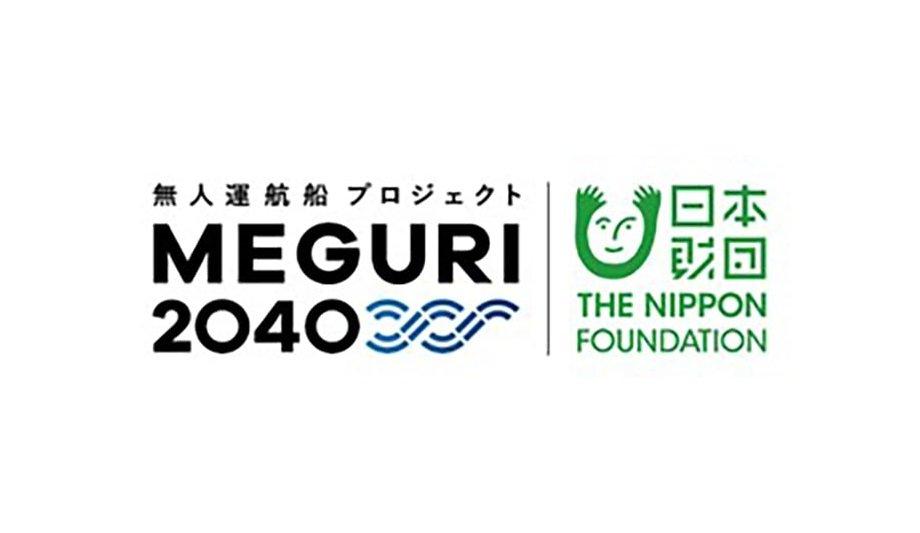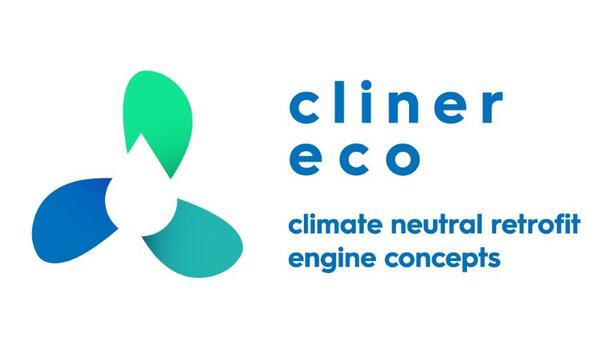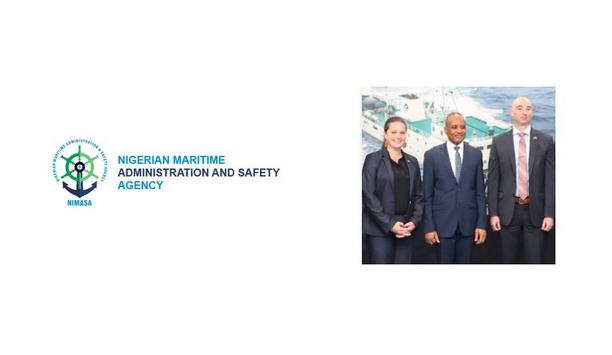Mitsubishi Shipbuilding Co., Ltd., a part of Mitsubishi Heavy Industries (MHI) Group, will participate in the Joint Technological Development Program for the Demonstration of Fully Autonomous Ships under the MEGURI 2040 Fully Autonomous Ship Project (hereinafter MEGURI2040) administrated by the Nippon Foundation, as a member of the Designing the Future of Fully Autonomous Ships Plus consortium (hereinafter DFFAS+) consisting of 51 companies in Japan.
Full-scale commercialisation
On July 20, the Nippon Foundation held a seminar on the MEGURI2040. At the seminar, an overview of the second stage of MEGURI2040 and the project's initiatives were presented.
This program is positioned as the second stage of MEGURI2040, which started in 2020, and aims for full-scale commercialisation of fully autonomous ship technology by 2025, which was developed in the ‘Joint Technological Development Program for Demonstration of Fully Autonomous Ship,’ which was carried out as the first stage, in cooperation with the Nippon Foundation.
Fully autonomous ship
The program will aim for full-scale commercialisation of fully autonomous ships technology by 2025, with four goals.
Demonstration test - In addition to designing next-generation ships that will support the coastal shipping industry in the future, a demonstration of ship-land operations will be conducted to simulate the future coastal shipping industry that will be supported by fully autonomous ship. The demonstration will use four different types of ships (a newly built full package container ship; with fully autonomous operation system, an existing container ship, a RORO cargo ship and a remote island route ship; with some autonomous operation system) and two Fleet Operation Centers.
Autonomous ship technology
Standardisation of developed technologies - To refine the fully autonomous ship technology developed in the first stage, and by standardising these technologies into international standards, to strengthen Japan's maritime industry and lead the international competition in autonomous ship technology.
Reinforcement of development process infrastructure - Based on the development process infrastructure established in the first stage, reinforce it further by upgrading simulation technology, generalising risk assessment, etc.
Land-based monitoring system
Social Implementation - To commercialise an autonomous navigation system (including land-based monitoring system) and to establish a certification scheme necessary to commercialise the system.
DFFAS+ will utilise their knowledge of technological development to establish international and domestic rules
In addition, to improve the environment for social implementation, DFFAS+ will utilise their knowledge of technological development to establish international and domestic rules for autonomous ships, examine human resource requirements and training methods to accommodate new working styles, study the use of deregulation and other methods to ensure the continuous commercial use of fully autonomous ships, and examine insurance and freight rates for fully autonomous ships.
Fully autonomous navigation
Mitsubishi Shipbuilding participated in stage 1 of MEGURI2040 along with Shin Nihonkai Ferry Co., Ltd. and successfully completed the world's first demonstration test of fully autonomous navigation for a large ferry on the Iyonada Sea from Shinmoji, Kitakyushu City.
In stage 2, with the aim of further adoption of fully autonomous ships technology for social implementation, further improvement will include the enhancement of functions and the adoption of multiple platforms for SUPER BRIDGE-X, an autonomous navigation function that includes a collision avoidance function, and the development of communication systems, including a low orbit satellite system, and a system for linking onboard data with the cloud.
Autonomous electric vessels
Mitsubishi Shipbuilding has set a growth strategy called Marine Future Stream
Mitsubishi Shipbuilding has set a growth strategy called Marine Future Stream, through which it seeks to develop knowledge about maritime innovation and make those innovations a reality. Its vision is a zero-carbon maritime society built on renewable energy and carbon cycling, where safety and security are achieved through a shift to autonomous electric vessels.
The Company will continue to work on MEGURI 2040 with the Nippon Foundation, the companies participating in DFFAS+, and cooperating organisations both in Japan and overseas to put fully autonomous ships technologies to practical use from 2025 onwards.
In doing so, it hopes to alleviate worker shortages and reduce staff workloads on Japan's coastal shipping routes, prevent maritime accidents, solve social issues such as the maintenance of remote island shipping routes, and aid in the building of stable infrastructure for domestic logistics and transportation.










